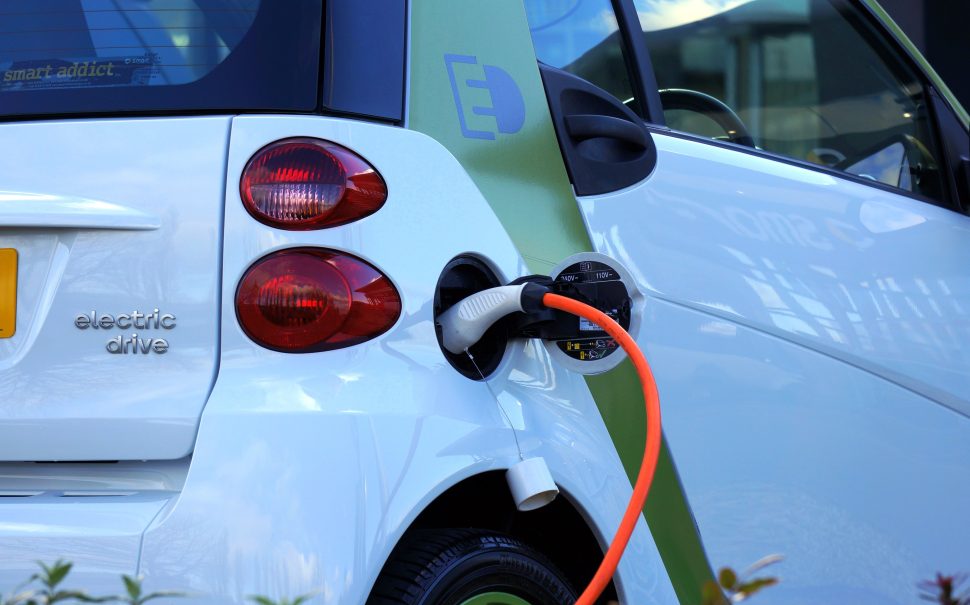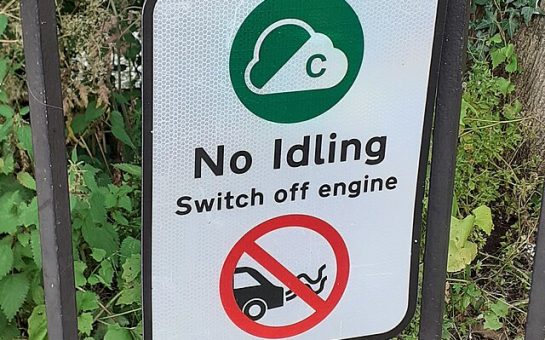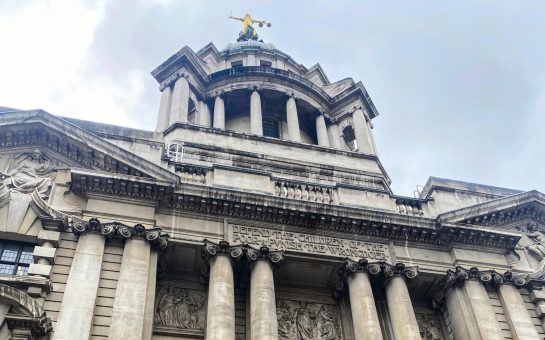Rishi Sunak is set to water down green-targets on cars when he delivers a speech at 4:30pm about the government’s net zero targets.
The existing UK-wide plan, set out in 2020, is for a ban on the sale of new petrol and diesel cars and vans by 2030 and for all new cars and vans to be fully zero emissions from 2035.
Speaking on BBC Today this morning, the Home Secretary Suella Braverman stressed that UK green targets are “goals not straightjackets”.
But the policy change has sparked huge backlash from both industry figures and MPs.
Chris Skidmore, Conservative MP for Kingswood, Gloucestershire, blasted Sunak’s plan.
He told BBC’s Newsnight that the change is “potentially the greatest mistake of (Sunak’s) premiership so far”.
Skidmore even said he would consider submitting a “no confidence” letter.
Car maker Ford has warned that the delay would undermine business certainty.
But where does Manchester stand on the issue?
While many politicians are reserving comment on Sunak’s cuts until after his speech this afternoon, there is clearly anger among Manchester’s MPs over the announcement.
Afzal Khan, MP for Gorton, reposted a tweet by Jonathan Reynolds suggesting that the changing targets were harming the UK’s economic prospects.
And Jeff Smith, MP for Withington, has reposted criticism from both Ed Miliband and Sir Alok Sharma.
There are currently 360 electric vehicle chargers with 700 connectors in Greater Manchester.
The number of battery-electric cars in Manchester reached 1,305 at the end of 2022, up 61% from the year before.
Greater Manchester’s Transport Strategy 2040 has set an ambitious target for the city to be net zero by 2038.
As part of this, the number of electric vehicle chargers is set to rise to 3,000 by 2025.
But public opinion in the North of England is more divided.
A joint poll by YouGov and The Times in July found that 36% of people in the North supported the 2030 petrol/diesel vehicle sale ban. A majority (52%) opposed it.
Yet, 70% supported the government’s aim to reduce carbon emissions to Net Zero by 2050.
The Prime Minister has said he remains committed to this 2050 net zero target.
It is clear that the Conservatives will have some support for the latest policy changes. But there will still be fierce backlash at what many see as a failure to grasp the severity of the climate crisis.
Feature image: ©Mike Bird, Pexels




